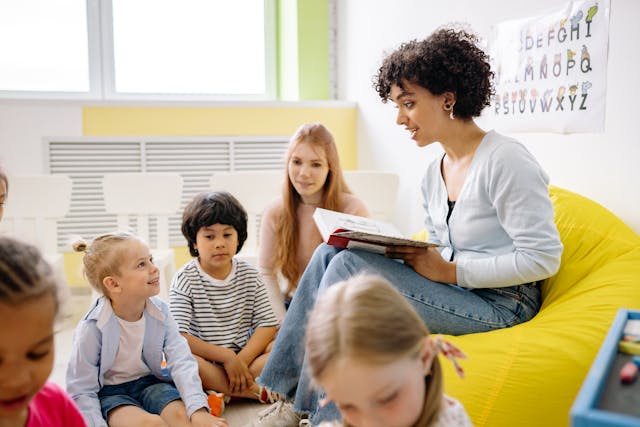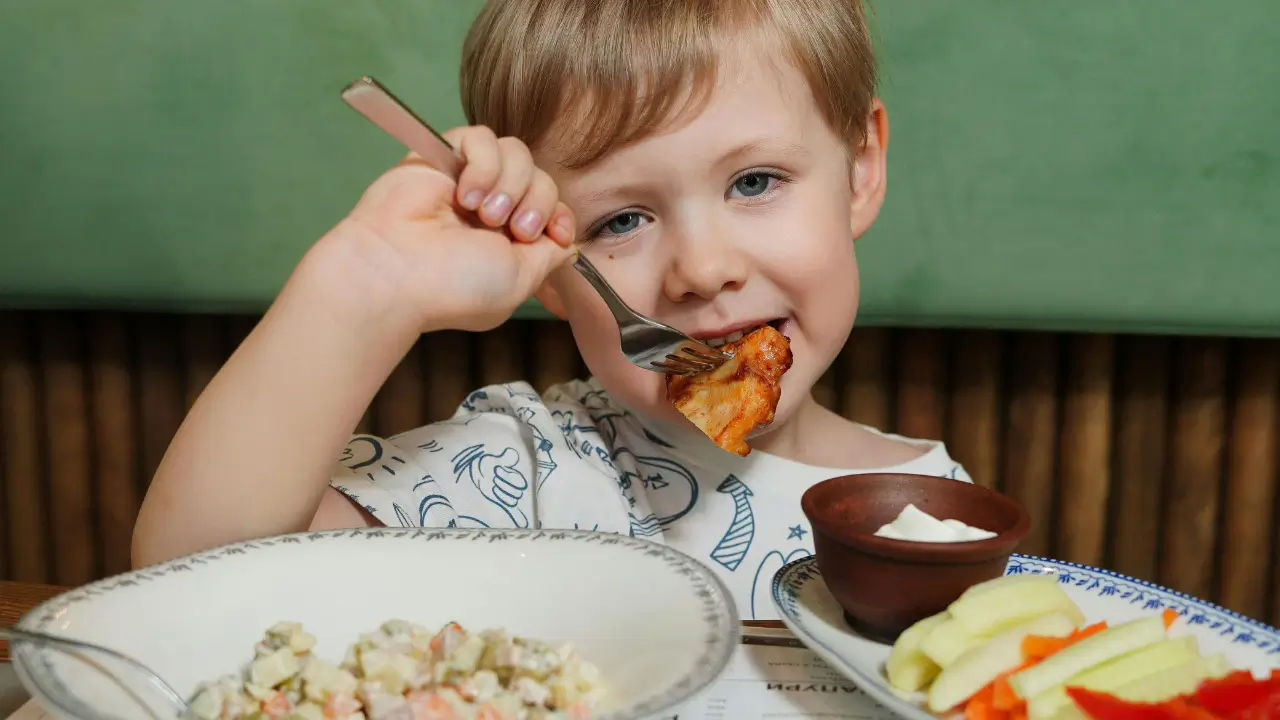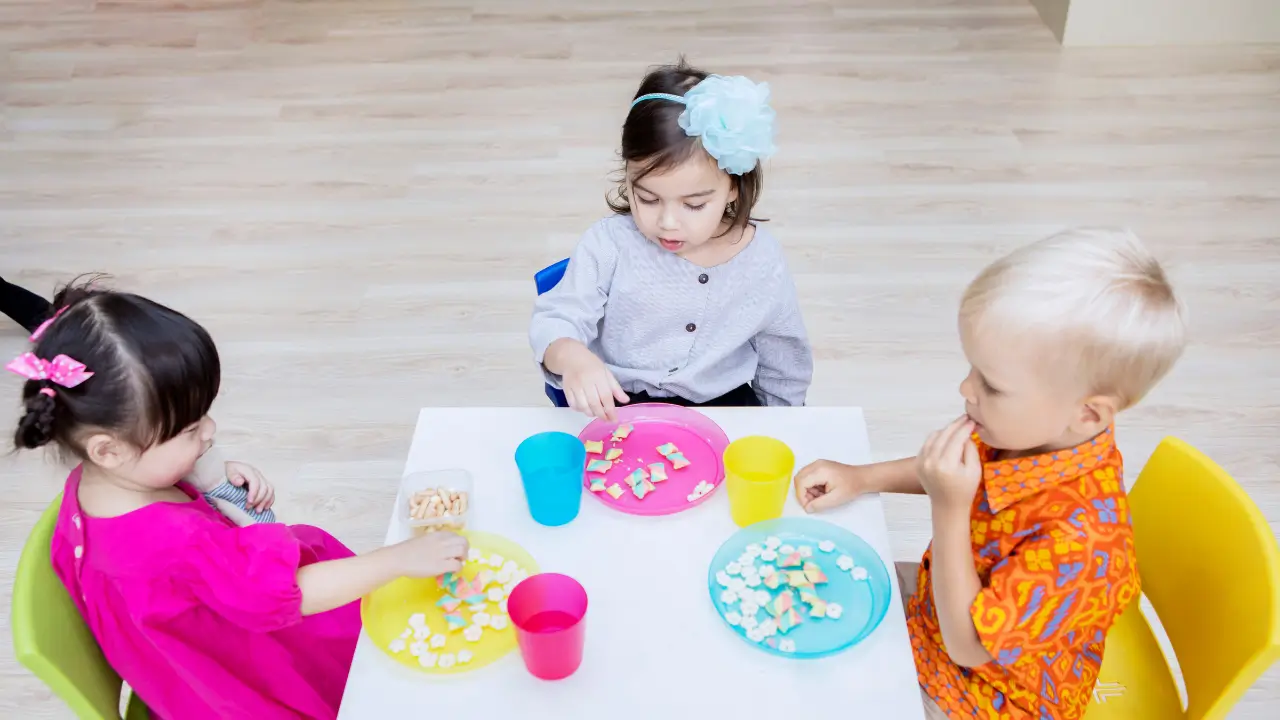
Choosing a daycare is more than comparing prices and locations. You are choosing the environment that shapes your child’s emotional foundation, learning habits, and confidence.
One of the biggest factors in your child’s development is the number of children in the classroom. Small class sizes directly affect how your child learns, feels, and interacts with others. This is not an opinion. It is backed by decades of research in child psychology, brain development, and early education quality standards.
At Paramus Daycare at Jumpin Jax, small class size is the core of how we teach, support, and care for children. It isn’t a marketing statement. It is the structure that drives every part of the day.
What the Research Shows About Class Size and Brain Development
The brain develops fastest from birth to age five. During this time, children form more than one million neural connections per second. These connections are shaped by experience, interaction, and emotional safety.
Children in smaller groups experience:
- More conversation and vocabulary exposure
- More responsive teacher interaction
- Stronger emotional regulation skills
- Faster development of social awareness
- Higher long-term confidence and independence
- Infants: 1 adult to 4 children
- Toddlers: 1 adult to 6 children
- Preschool: 1 adult to 10 children
Many large daycare groups push these limits. When groups get too large, children receive less individual attention, more behavior conflicts occur, and emotional needs are harder to meet in real time.
We intentionally stay below recommended ratios to ensure your child is seen, heard, and supported every day.
Children Learn Best Through Interaction, Not Instruction
At this age, learning is not about worksheets or memorization. It happens through:
- Play-based exploration
- Conversation
- Modeling behavior
- Trying, failing, and trying again
- Feeling emotionally safe
Small class sizes allow teachers to join play and guide learning rather than stand at the front and direct it.
This leads to:
- Better problem solving
- Longer focus periods
- Stronger communication
- Real confidence
When a teacher has time to actually engage, not just supervise, your child’s development accelerates.
Emotional Safety Comes First
Young children cannot learn when they feel overwhelmed, lost in the crowd, or unnoticed. Small class sizes help teachers catch emotional cues early. A child who is frustrated, shy, overstimulated, or uncertain needs attention quickly.
In a smaller class, teachers can:
- Offer comfort before frustration turns into a meltdown
- Help children use words instead of crying or grabbing
- Notice small accomplishments and encourage them
- Support independence while staying close enough to help
These small interactions add up to emotional resilience.
Ready to See the Difference a Small Class Size Can Make?
Don’t just read about the benefits of our small classroom sizes—experience it! We highly recommend every prospective family come in for a consultation and facility tour. Call us today at (201) 500-2951 or visit our website to secure your spot!
Social Development Thrives in Smaller Groups
Social skills are not automatic. Children learn them through repetition and support.
In a small class, children have:
- More practice taking turns
- More meaningful friendships
- Less competition for attention
- More successful conflict resolution experiences
Large classes often lead to parallel play, where children play near each other but not with each other. Small classes encourage real cooperation and communication.
Your child learns how to:
- Share space
- Express needs with words
- Respect others
- Build trust
These skills are foundational for kindergarten and beyond.
Early Academic Readiness Improves in Small Group Learning
Small class size is directly linked to:
- Stronger early literacy
- Better number recognition
- More curiosity-driven questions
- Higher engagement in reading time
- Increased problem solving confidence
Learning becomes something your child enjoys, not something they feel forced into.
This matters when they walk into kindergarten. Children from smaller pre-K classrooms enter with greater language skills, attention control, and enthusiasm for learning.
That advantage compounds over time.
How Small Class Size Works Inside Our Classrooms
At Paramus Daycare at Jumpin Jax, small class size guides the entire classroom environment.
You will see:
- Teachers seated at children’s level, talking directly with them
- Calm, organized spaces without overcrowding
- Children transitioning smoothly through activities
- Teachers guiding emotional and social moments, not correcting from afar
- Real conversation throughout the day
Our teachers build deep, meaningful relationships with every child. They know how they learn, what soothes them, what excites them, and how to help them grow. This is the difference you feel the moment you walk in the room.
Ready to Take the Next Step for Your Child’s Education?
Choosing a preschool means choosing a partner in your child’s success. We hope our approach to small class sizes has detailed why Paramus Daycare at Jumpin Jax is the trusted choice for families seeking exceptional daycare and preschool in Paramus, NJ and all of Bergen County. The next step is simple, but it’s the most important one: Come see us!
Schedule a tour and a personal care assessment today to walk through our classrooms, meet our educators, and see our safety protocols in action. Call Paramus Daycare at Jumpin Jax right now at (201) 500-2951 or visit our website to book your tour!
Learn more here:
https://paramusdaycare.com/






